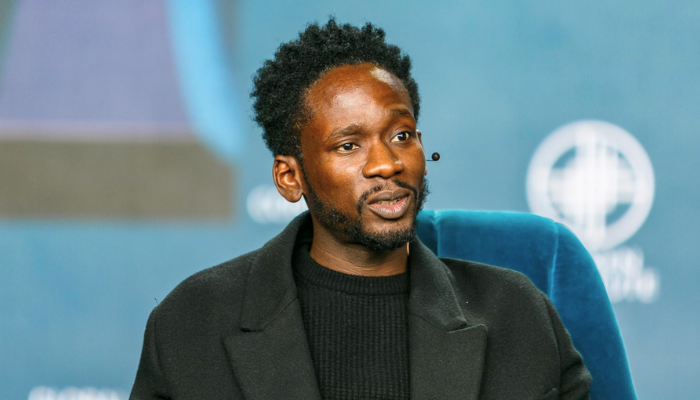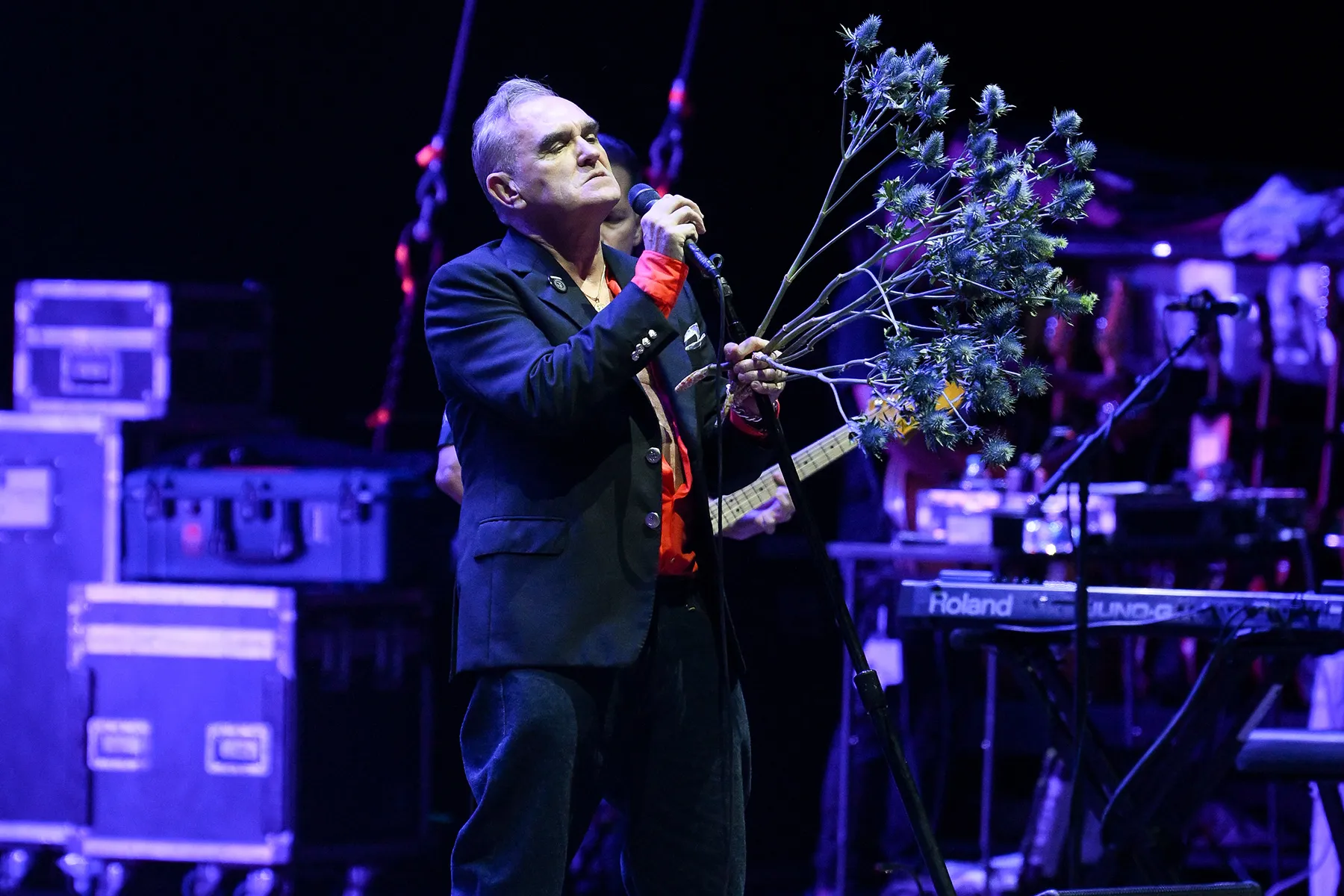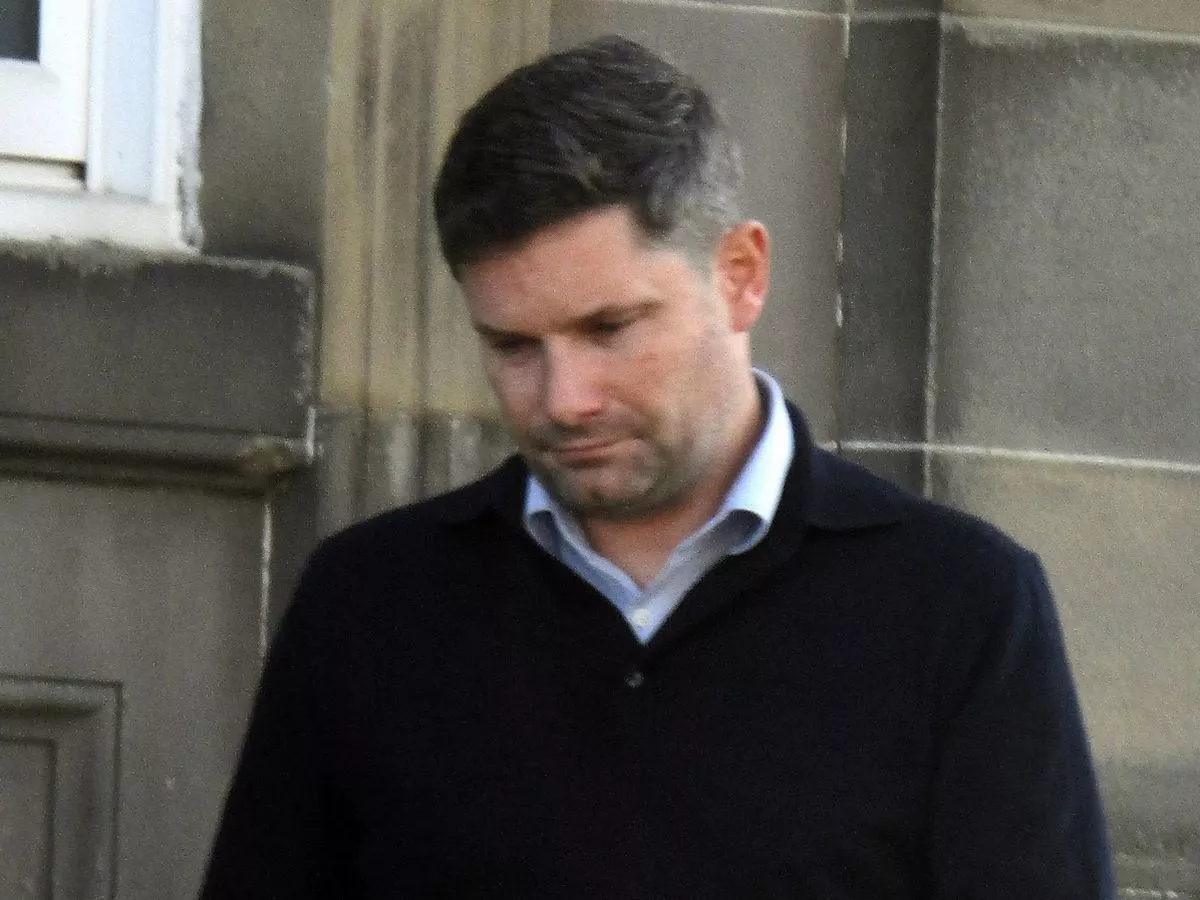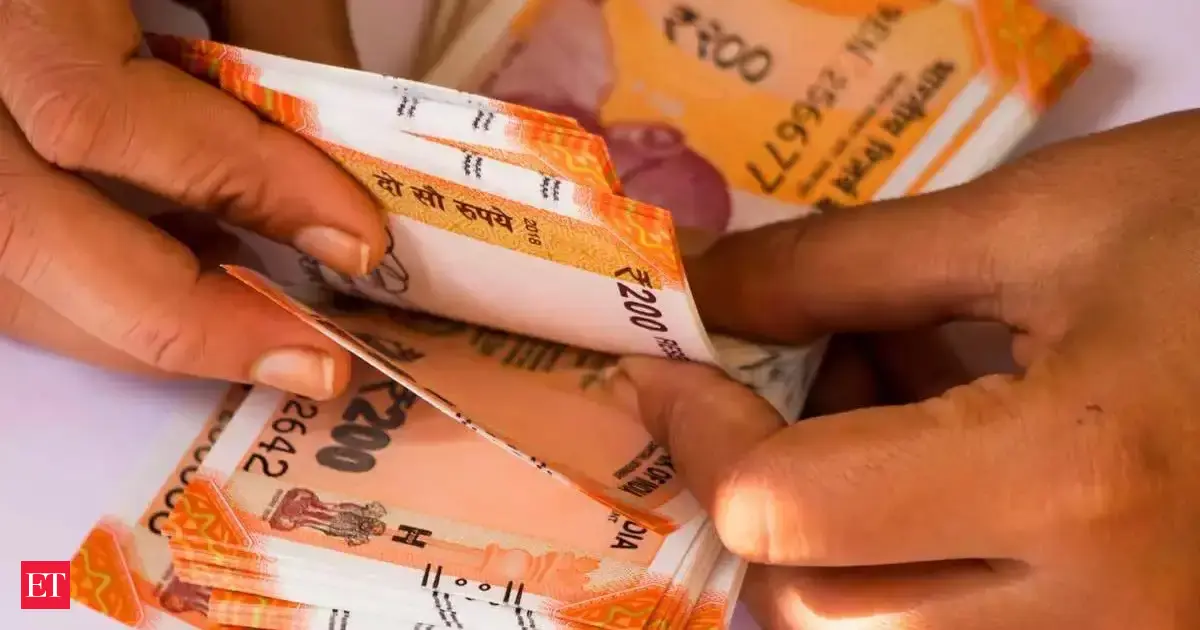By Anthony Udugba
Copyright businessday

In a white wedding ceremony held in Iceland, Aliko Dangote, AfricaŌĆÖs richest man stood before guests and praised the groom. He called Oluwatosin Ajibade, known professionally as Mr. Eazi, an entrepreneur and part-time musician. The event marked Mr. EaziŌĆÖs marriage to Temi Otedola, daughter of Femi Otedola, another of AfricaŌĆÖs wealthiest individuals. DangoteŌĆÖs words highlighted a key fact about Mr. Eazi: music has served as a tool to fuel his larger business ambitions, not the other way around.
Mr. Eazi has built a portfolio of companies operating in 18 African countries. These include music distribution, financial services, betting platforms and investment funds. His path from university event organiser to serial entrepreneur shows how he used musicŌĆÖs quick earnings to fund ventures that now span tech, finance and creative industries. In interviews, Mr. Eazi has described himself as a hustler who values freedom above all ŌĆō in business decisions, creative output and personal life.
Born in Lagos, Mr. Eazi studied at Kwame Nkrumah University of Science and Technology in Ghana.
At 19, he borrowed N19 million from his uncle to start a diesel business. However, the introduction of oil subsidies negatively impacted his venture, resulting in no return on investment. Despite losing the money, this experience marked the beginning of his business-oriented mindset.
After graduating, he returned to Nigeria in 2013 and focused on trade. He set up Phonetrader, a business at Computer Village in Lagos, where he repackaged and sold second-hand phones. To diversify, he traveled to Beposo, Ghana, to buy raw gold, refine it, and sell it back in Nigeria.
Read also: Mr Eazi talks business, evil genius album and love life
These trades demanded constant movement and quick decisions. Mr. Eazi often worked long hours, returning home in simple clothes like a Jamaican singlet and a farmerŌĆÖs hat. Music remained a hobby during this period. He recorded tracks in studios when time allowed, and a friend helped upload them to 360nobs, a Nigerian music blog.
In an interview with journalist Joey Akan, Mr. Eazi recalled one pivotal moment: after a gold trading trip, his friend called, needing a photo to pair with a new song upload. Short on options, he posed for a passport-style shot in his work outfit. The image, with the hat, stuck. Fans began associating him with the look, which he later embraced. ŌĆ£I love the hat for what it represents, which was me at that time of my life living a nomadic lifestyle,ŌĆØ he told Akan. ŌĆ£And people wanted me to stick to it.ŌĆØ
The photo helped to launch his music visibility. Around the same time, Mr. Eazi connected with established artists. One was Young6IX, then one of NigeriaŌĆÖs top acts, who bought phones from Phonetrader. Through these ties, Mr. Eazi organised local shows that sold out, earning him performance fees.
By 2015, he started receiving payments for guest features on other artistsŌĆÖ tracks. He performed at events in Nigeria and abroad, even without committing fully to music. Songs like ŌĆśSkin Tight,ŌĆÖ ŌĆśSample You,ŌĆÖ ŌĆśHollupŌĆÖ and ŌĆśAnointingŌĆÖ became hits in the mid-2010s, blending Afrobeats with Banku music influences from his Ghana days.
His investments extend to education and talent development. In partnership with Decagon, a software engineering institute, Mr. Eazi sponsors at least five people from Ogun State for training each year. Decagon trains over 600 engineers annually, placing them with global companies. This makes Africa a net exporter of tech talent, addressing youth unemployment while building skills for the continentŌĆÖs digital economy.
His marriage to Temi Otedola in 2025 drew attention partly because of her fatherŌĆÖs status. Femi Otedola, with stakes in energy and banking, ranks among AfricaŌĆÖs top billionaires. DangoteŌĆÖs speech at the wedding suggested Otedola saw Mr. EaziŌĆÖs value beyond music. ŌĆ£He is an entrepreneur,ŌĆØ Dangote said, implying the union reflected business acumen as much as personal ties.
Mr. EaziŌĆÖs story challenges the typical artist narrative. Many who stumble into music sign labels and lose creative and financial control. He reversed that: business came first, music second.
In a BusinessDay TV interview with Elizabeth Musa, Mr. Eazi tied it back to freedom. ŌĆ£I value freedom in every sense,ŌĆØ he said. ŌĆ£Whether in music or business.ŌĆØ



